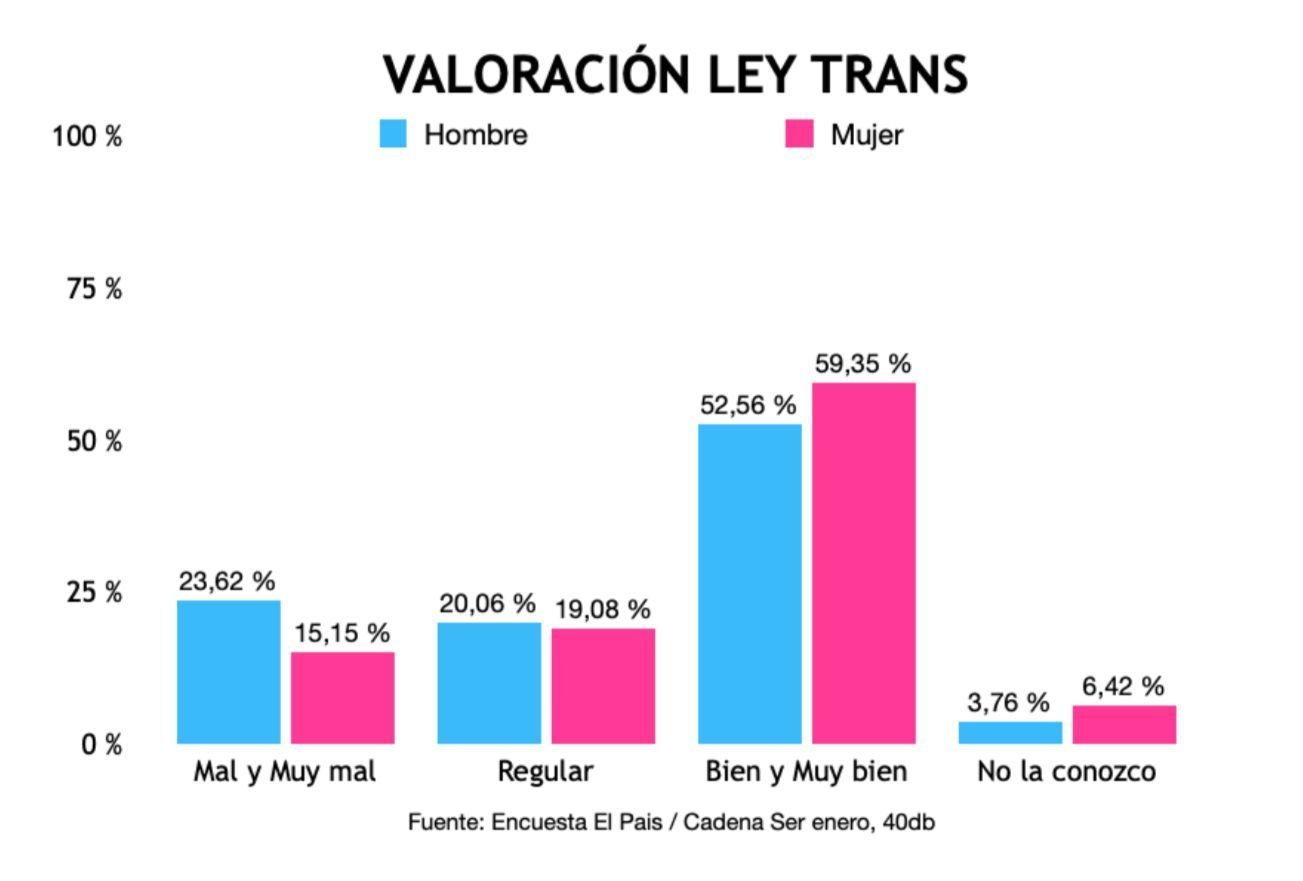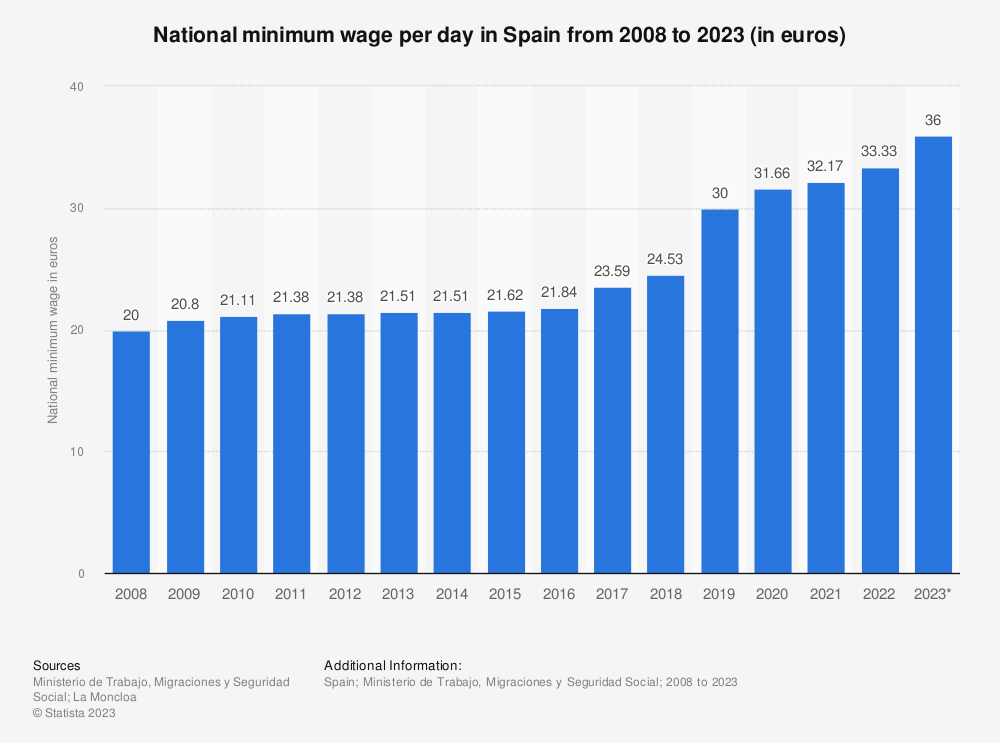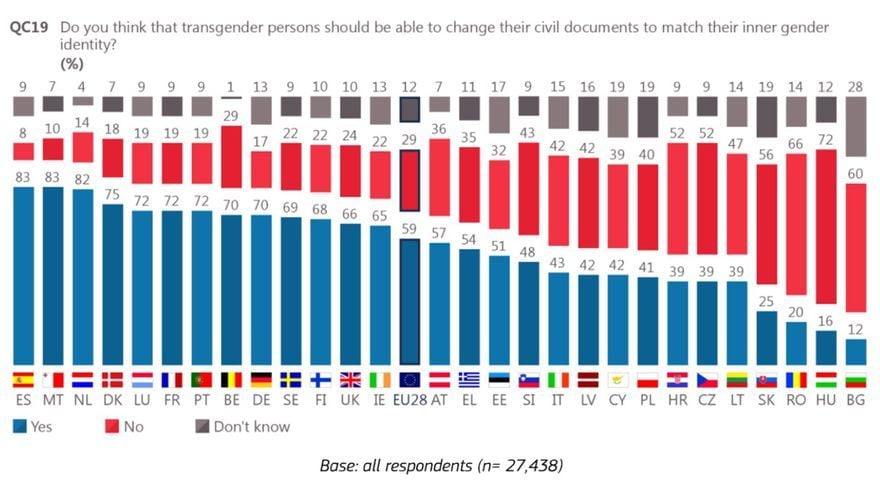

The solution, to my reckoning, is to start making things you love because you love to make them and to refuse to sell out when they come knocking.
I mean, sure, that will solve some things. Not climate change, though. I think we can aim for a little higher, but when I say that perhaps seeking infinite growth in a finite planet might lead to an environmental catastrophe that’s somehow controversial.













Let’s go even further than that. Let’s say that the most annoying people around the whole Fediverse are Hexbear. On the worst days, all they do is to organize to spam specific threads, which is indeed annoying, but that’s the extent of it. KiwiFarms is responsible for harassing people until they commit suicide for the heinous crime of being weird. Anyone aware of this who wants to associate with them has no place in civilized society.